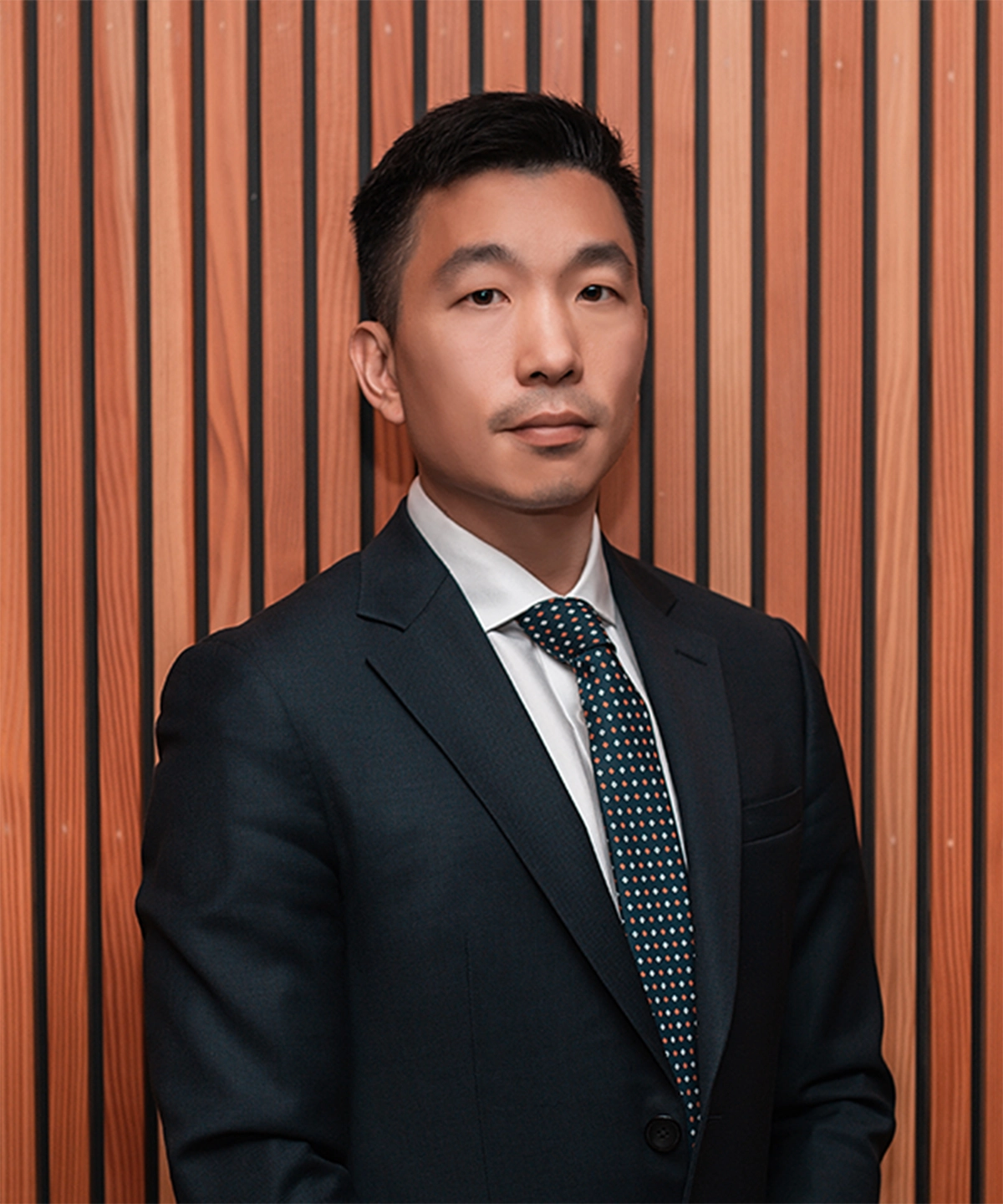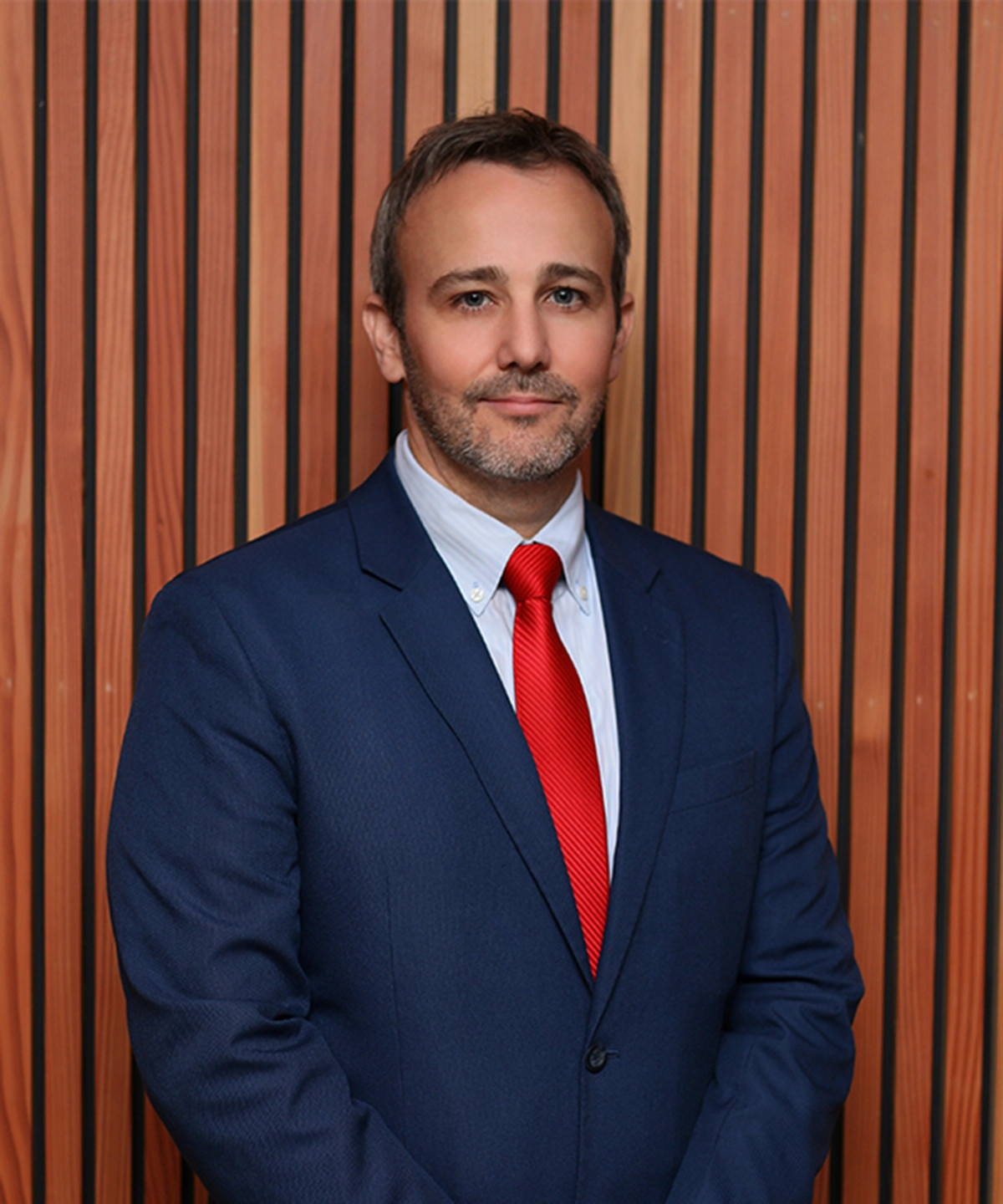[get_title]
Stuarts and Charltons webinar on Cryptocurrency funds and virtual assets in Hong Kong and Cayman.
Webinar covers:
- Fund entities that can be used for cryptocurrency funds
- Marketing and managing funds in Hong Kong
- Cryptocurrency regulations in Hong Kong and the Cayman Islands
- Virtual asset service providers in Hong Kong
- The future of digital assets in Hong Kong and the Cayman Islands
CRYPTOCURRENCY FUNDS AND VIRTUAL ASSETS IN HONG KONG AND CAYMAN
Cayman Islands for cryptocurrency
- One of the most popular jurisdictions In the world for blockchain related businesses and cryptocurrency funds.
- Benefits of using the Cayman islands include:
- Familiarity to managers and investors
- Robust and flexible legal framework
- Stable political climate
- Availability of high-quality service providers
- Proven record as a world leading financial hub
Marketing funds in Hong Kong
- The Securities and Futures Ordinance (Cap. 571) (SFO) is the primary source of regulation in Hong Kong relating to asset management and dealing in securities
- Section 114 of the SFO - no person may carry on or hold himself out as carrying on a business in a regulated activity
- Dealing in securities (type 1) regulated activity
Marketing funds in Hong Kong
Marketing by the fund
- The marketing of a fund by itself or through an intermediary will prima facie constitute dealing in securities
Limited exemption - marketing as principal
- The fund, as principal, deals with a person who is a professional investor
- For the purposes of this exemption, professional investor does not include the categories of high net worth investors
Marketing funds in Hong Kong
Marketing by an intermediary
- Intermediary required to be licensed unless an exemption applies
Exemptions:
- the incidental exemption
- dealing through a licensed securities dealer
Marketing funds in Hong Kong
- Marketing the investment interests of a fund will be considered a type 1 regulated activity (dealing in securities)
- Unless an exemption applies, must be licensed to conduct type 1 regulated activity (dealing in securities)
- Hong Kong prospectus regime
Regulatory status of cryptocurrencies in Hong Kong
- The SFC's authority is limited to cover activities in cryptocurrencies considered to be either:
- securities; or
- futures contracts
as defined by the SFO.
Regulatory status of cryptocurrencies in Hong Kong
- Regulators consider Bitcoin and Ethereum to be virtual commodities
- The SFC determines the regulatory status of cryptocurrencies on a case-by-case basis
- The SFC will consider if the cryptocurrency carries rights equivalent to traditional securities
Managing cryptocurrency funds in Hong Kong
- Whether the management of a cryptocurrency fund falls within the definition of asset management under the SFO will in part depend on the classification of the cryptocurrency
- Does the portfolio of the fund manager contain a mix of cryptocurrencies and traditional securities?
Managing cryptocurrency funds in Hong Kong
Asset management under the SFO
- Asset management under the SFO is defined as the management of "securities", "futures contracts" or "real estate investment schemes"
- Management of cryptocurrencies which are not "securities" as defined by the SFO is not asset management under the SFO (i.e. it is not a regulated activity)
Cayman - Recent developments in the digital space
Key developments which create favorable conditions for cryptocurrencies in the Cayman Islands include:
- Introduction of the Cayman Islands Virtual Asset (Service Providers) Act 2021 (“VASPA”) - regulates virtual assets service providers, encourages technological development & creates certainty for those operating in the cryptocurrency space.
Virtual Asset Service Providers ACT (VASPA) in the Cayman Islands
- The VASPA has introduced a special regulatory framework for Virtual (Asset Services) Providers (“VASPs”) - greater certainty and ensuring compliance with internationally recognized standards.
- The Cayman Islands’ definition of 'virtual assets' follows the definition used by the Financial Action Task Force. It includes all cryptocurrencies, security tokens, utility tokens and commodity or fiat-backed stablecoins.
VASPA in Cayman cont'd
- Cayman Islands
- VASPA regulates virtual asset
- exchange between virtual assets and fiat currencies;
- exchange between one or more other forms of convertible virtual assets;
- transfer of virtual assets;
- virtual asset custody service; or
- participation in, and provision of, financial services related to a virtual asset issuance or the sale of a virtual asset;
Monetary Authority (“CIMA”)
service which includes:
the issuance of virtual assets or the business of providing one or more of the following services or operations for or on behalf of a natural or legal person or legal arrangement —
VASPA in Cayman cont'd
- Entities carrying on virtual asset services must pre-register with CIMA.
- VASPs regulated by CIMA will have to prepare accounts annually and make them available for inspection by CIMA.
- Must have a registered office in the Cayman Islands; provide documents and information required by CIMA and notify CIMA of any activities in another jurisdiction.
VASPA in Cayman Phase 2
- The second phase of VASPA is due to be brought into force in the near future.
- If an entity is specifically carrying on the provision of virtual asset custody services or the operation of a virtual asset trading platform, it must obtain a virtual asset service licence from CIMA.
- “virtual asset trading platform” includes a centralized or decentralized digital platform which facilitates the exchange of virtual assets for fiat currency or other virtual assets on behalf of third parties for a fee, commission, spread or other benefit; and which holds custody of or controls virtual assets on behalf of its clients to facilitate an exchange.
- A registered mutual fund is still subject to the registration or licensing regime of VASPA and an unregistered single investor fund is also subject to Phase 2 of the VASPA Regime.
VASPs in Hong Kong
(licensing regime)
- Hong Kong to regulate VASPs
- Enhance the anti-money laundering and counter-terrorist financing regulations in respect of VASPs
- FSTB to introduce a VASP licensing regime
- Persons operating a virtual asset exchange in Hong Kong will need to apply for a license
VASPs in Hong Kong
- The business of operating a virtual asset exchange will be a regulated activity
- Virtual asset exchange is broadly defined
- Peer-to-peer trading platforms are excluded from the definition of virtual asset exchange where the platform is not involved in the underlying transaction
VASPs in Hong Kong
Definition of virtual asset will cover digital representations of value that:
- is expressed as a unit of account or a store of economic value;
- functions (or is intended to function) as a medium of exchange accepted by the public as payment for goods or services or for the discharge of a debt, or for investment purposes; and
- can be transferred, stored or traded electronically.
VASPs licensing and regulatory requirements
- Only companies that are either incorporated in Hong Kong or registered under Part 16 of the Hong Kong Companies Ordinance are eligible to apply for a VASP license
- Two responsible officers and licensing applicants must satisfy a fit and proper test
- Licensed VASP will be subject to AML/CTF requirements
- Operational requirements
VASPs licensing and regulatory requirements
- VASPs will only be allowed to provide services to professional investors
- Open-ended license
- No license exemptions
Structure of a crypto fund in Cayman
Segregated Portfolio Companies (“SPC”)
The benefit of SPCs is significant in that standard mutual fund structures such as multi-class hedge funds, umbrella funds and master-feeder structures benefit through the ability to set up a statutory "ring-fence" to protect against cross liability issues between assets (for example different digital currencies) and liabilities of the segregated portfolios within an SPC. Furthermore, the use of an SPC facilitates a more streamlined offering structure for certain digital funds.
Fund Structures in Hong Kong
Private Open-Ended Fund Company (OFC)
- Open-ended fund in corporate form domiciled in Hong Kong
- Key features of the private OFC include:
- the assets of the OFC must be segregated and entrusted to a custodian for safe keeping
- must appoint a licensed investment manager (Type 9 license - asset management)
- the OFC can be structured as a single fund or alternatively it can have multiple sub-funds
Open-Ended Fund Company (OFC)
Key operators
OFC:
- ocustodian
- investment manager
- directors
Fund Structures in Hong Kong
Private OFC
- Not authorised under section 104 of the SFO
- No investment restrictions
Public OFC
- Authorised under section 104 of the SFO for public offer
- Investment restrictions:
- restrictions on spread of investments
- restrictions on the amount of cash deposits held
- the fund cannot hold more than 10% of ordinary shares of any single entity
- restrictions in relation to holding unlisted products, government and other public securities, real estate and commodities.
Hong Kong Limited Partnerships
- The LPF regime is an opt-in regime
- The LPF must be constituted by a partnership agreement
- The LPF must have a registered office in Hong Kong
- Safe harbours
- Freedom of contract
Hong Kong limited partnerships
- the LPF is required to appoint a person (who may be the general partner or another person) as an investment manager to carry out the day-to-day investment management functions of the partnership
- To establish the LPF, a type 9 asset manager is not required
- Where the investment manager carries on a regulated activity it must licensed
Cayman Islands considerations for digital funds
Persons registered or licensed under VASPA will be subject to ongoing requirements. These include the licensee:
- undertaking audits of AML systems and procedures at the request of CIMA;
- preparing audited accounts and submitting those to CIMA annually;
- making sure senior officers and beneficial owners are fit and proper persons;
- obtaining prior approval from CIMA to appoint senior officers or AML compliance officers;
Cayman Islands considerations for digital funds — cont'd
- Compliance with AML Regulations and data protection laws and ensuring accuracy of all communications relating to the virtual asset service;
- designating an officer with responsibility for the procedures for combating money laundering, terrorist financing and proliferation financing; and
- obtaining prior approval from CIMA before issuing or transferring shares or other equity interests totalling 10% or more.
Other regulations affecting digital currency in Cayman
The Securities Investment Business Act (SIBA)
- Provides for the licensing and control of persons engaged in securities investment business in or from the Cayman Islands.
- Sets an exhaustive list of financial instruments that constitute "securities". In 2020, SIBA was amended to include virtual assets.
- A virtual asset that can be sold, traded or exchanged and that represents, can be converted into or is a derivative of any of the existing SIBA listed securities may also qualify.
Future of digital assets in Cayman
- CIMA takes a practical and commercial approach virtual assets services and fintech in order to maintain Cayman's reputation as a leading finance centre.
- CIMA's goal is to develop an effective and business-friendly fintech landscape, which also aligns with international standards.
- Innovations such as VASPA, the Foundation Companies Act, Cayman Enterprise City and the Special Economic Zone Companies.
Crypto hedge fund statistics
|
Top crypto hedge fund Domiciles |
Top crypto hedge Manager location |
|---|---|
|
Cayman Islands 34% |
United States 43% |
|
United States 33% |
United Kingdom 19% |
|
Gibraltar 9% |
Hong Kong 11% |
|
British Virgin Islands 8% |
Cayman Islands 8% |
|
Luxembourg 3% |
Switzerland 7% |
|
Liechtenstein, Netherlands, Singapore, Isle of Man and Australia < 5% |
Spain, Gibraltar, Singapore, Isle of Man, Malta, Canada and Australia < 5% |
Source: 3rd Annual Global Crypto Hedge Fund Report 2021 - PwC, Elwood Asset Management’s and Alternative Investment Management Association
The future of cryptocurrencies in Hong Kong
- Regulators have adopted different views in respect of cryptocurrencies
- Introduction of the VASP regime



